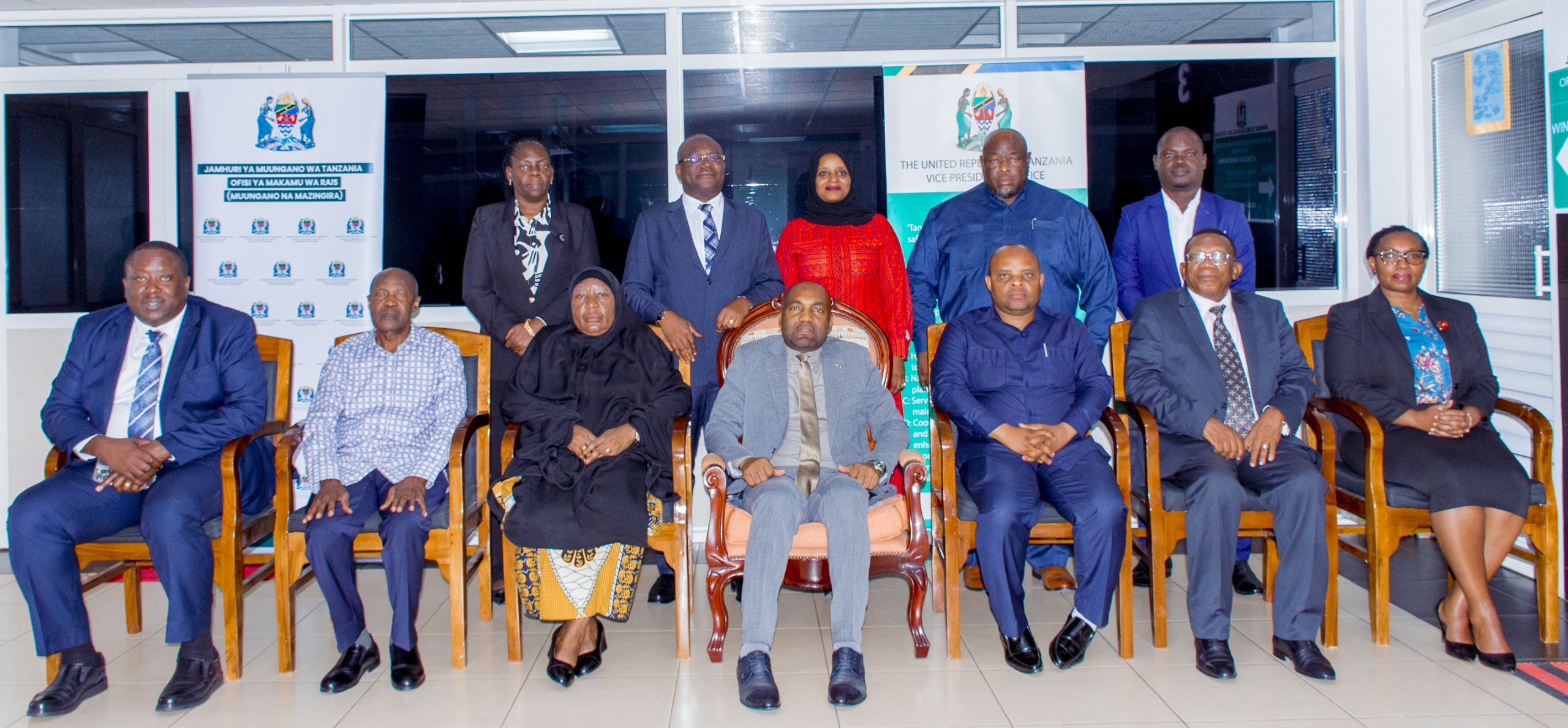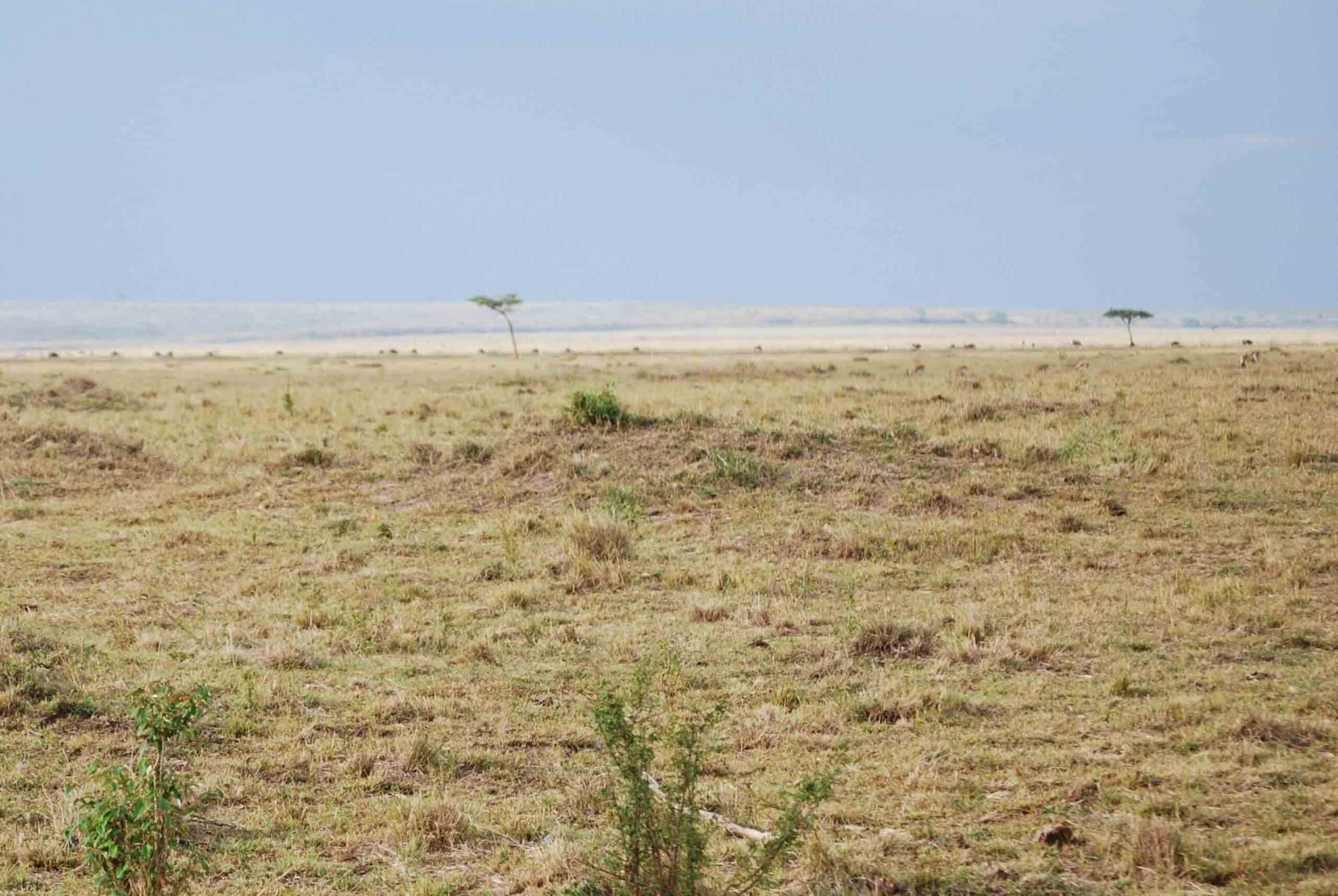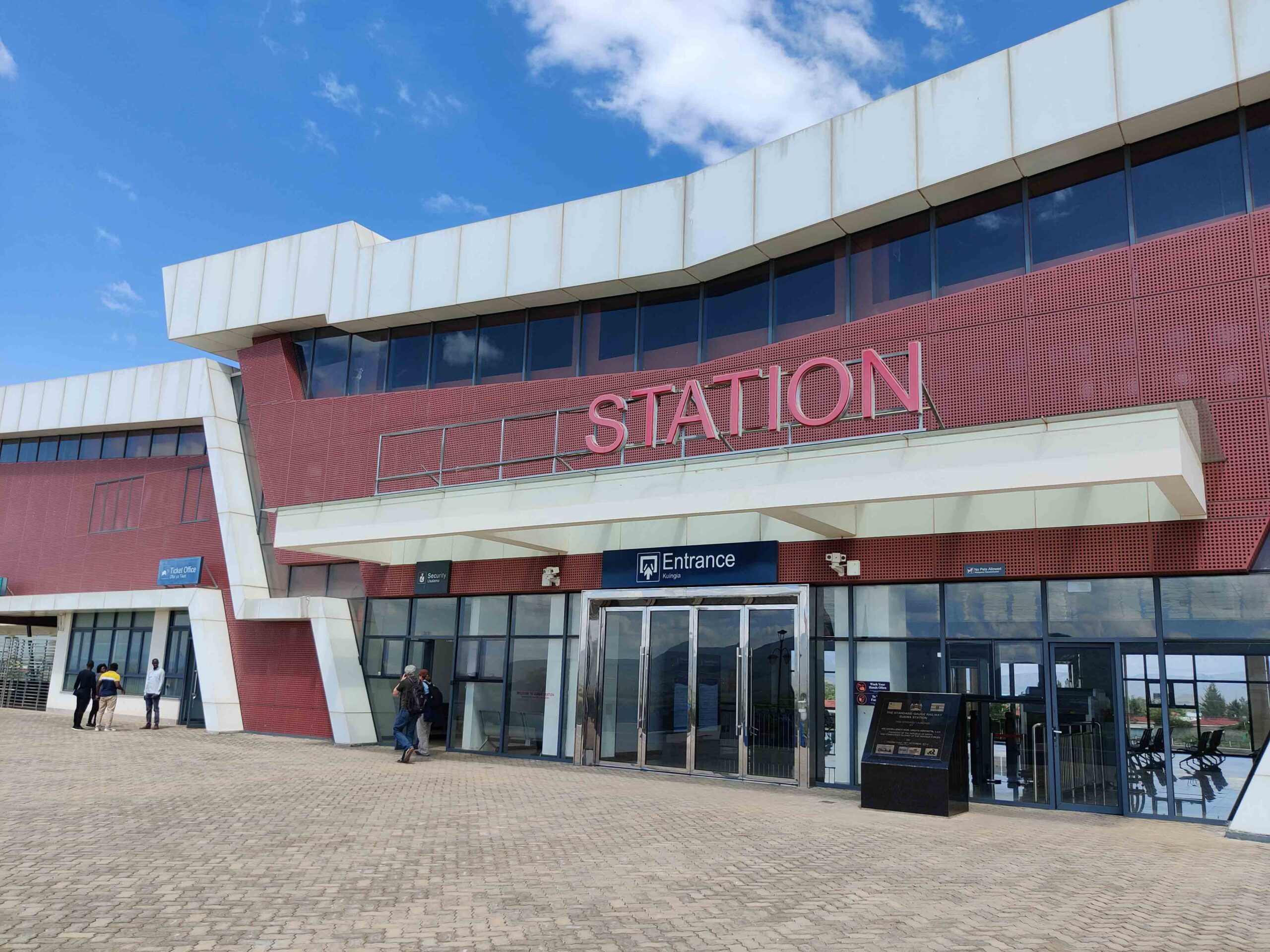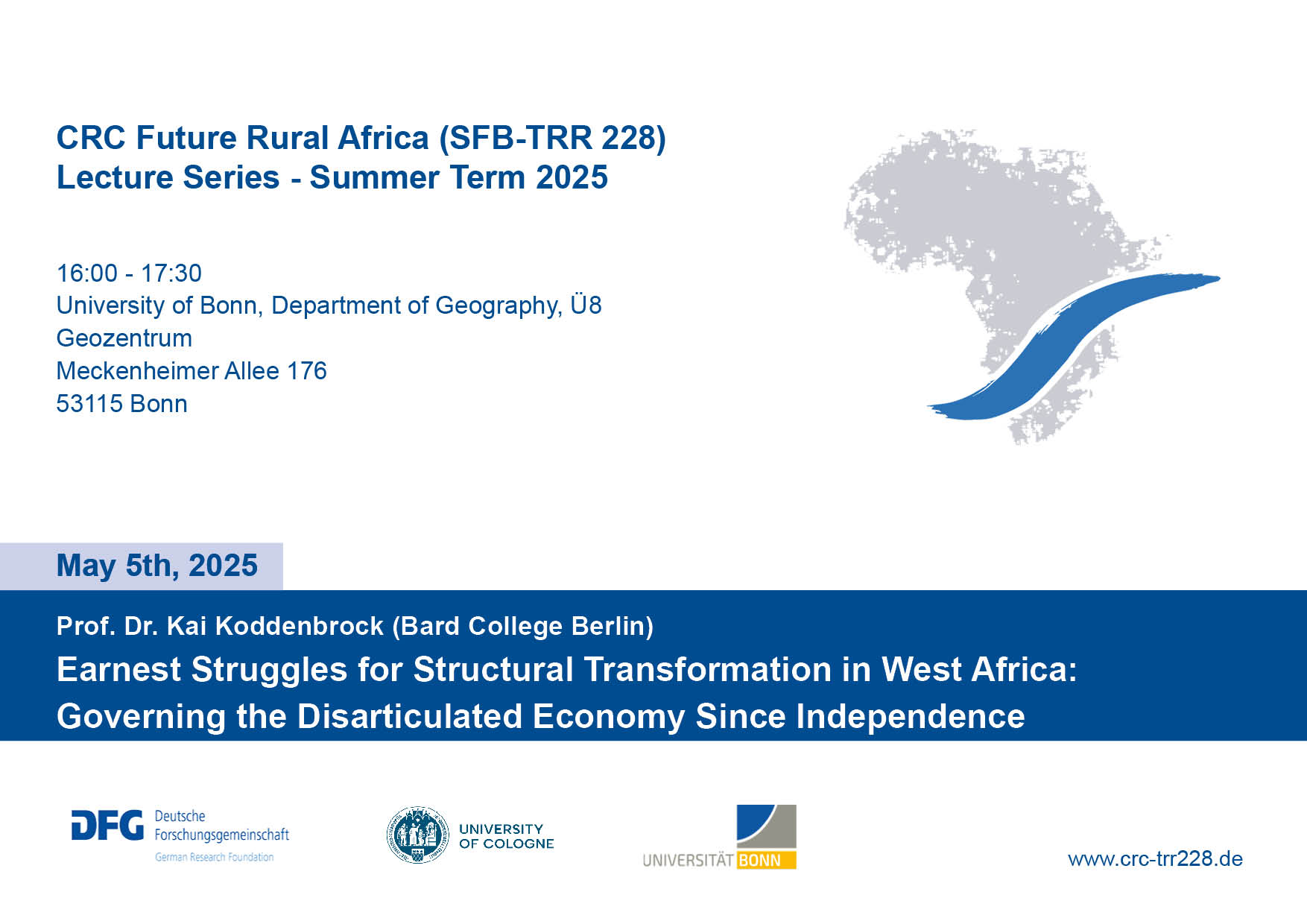Researchers from the Collaborative Research Center “Future rural Africa” are collaborating with their partners from, the University of Gondar (Ethiopia), Kabale University and Apata Insights (Uganda), University of Bonn (Germany), the University of New South Wales (Australia), Ruhr University Bochum (Germany) and Leiden University (Netherlands) to investigate willingness to pay for a prospective COVID-19 vaccine in Africa.
Background
As of September 29th, the World Health Organisation had listed 40 candidate vaccines for COVID-19 in clinical trials while 151 candidate vaccines are in pre-clinical evaluation stage 1. While vaccine development has gained momentum, little is known about the prospective willingness to pay for such vaccines once they are available, especially in developing countries where individuals and households might carry the burden of the cost.
Two recent studies reveal how people might respond to vaccines in a cost dimension. In a study of European countries, Neumann-Böhme et al. (2020) found a high willingness to accept the COVID vaccine, corresponding to 74% of individuals surveyed in 8 European countries. This European study does not assess willingness to pay because vaccine provision is more likely to be paid by the public health system. One study Garc´ıa and Cerda (2020) conducted in Chile has shown that the willingness to pay for the prospective vaccine was high, at 91%. The study finds that 68% were willing to pay $184 per vaccine shot while 55% were willing to pay $276 per vaccine shot. Two issues can be deduced from these two studies. First, it is clear that less is known about willingness to pay for the COVID-19 vaccine in both developed and developing countries.
Evidence is just beginning to trickle in and governments and health organisations will need more evidence in setting prices for these vaccines. Secondly, the only evidence currently available is from high-income countries which not only have significantly higher purchasing power but also different health financing systems in which public health insurance and tax-funded systems play a greater role. Moreover, because of differences in the capacity of health systems, low and middle-income countries are expected to suffer most from the effects of COVID-19 on both life and the economies. Evidence on vaccine uptake is, therefore, more pertinent in these countries.
The researchers plan to explore this issue in two dimensions. First, we would like to study willingness to accept taking the COVID vaccine in five countries in East Africa, namely; Kenya, Uganda, Tanzania, Rwanda, and Ethiopia. Secondly, we would like to assess the willingness to pay for the vaccine when it is available. A couple of hypotheses we would like to test might determine the willingness to pay. First, we would like to test people’s confidence and endorsement in the health system (Roder-DeWan et al., 2020). Secondly, we would like to test whether an individual’s health locus of control (Ross, Ross, Short, & Cataldo, 2015) influences their willingness to pay. Finally, we would also like to how health status and health access affect willingness to pay. We assess health status in two ways. First, we measure self-rated health using a 5-point validated measure of self-rated health (Eriksson, Und´en, & Elofsson, 2001). Secondly, we assess the incidence of any illness and of a chronic illness for respondents and respondents” households.
The researchers are currently collecting data in the respective case study countries. The survey of this study can also be accessed here.
Concept developed by: Emmanuel Nshakira-Rukundo, Bisrat Gebrekidan, Stella Settumba, Martin Tabe-Ojong, Essa Chanie Mussa, Nathan Nshakira, Minjung Cho, Jan Börner, Thomas Heckelei.






